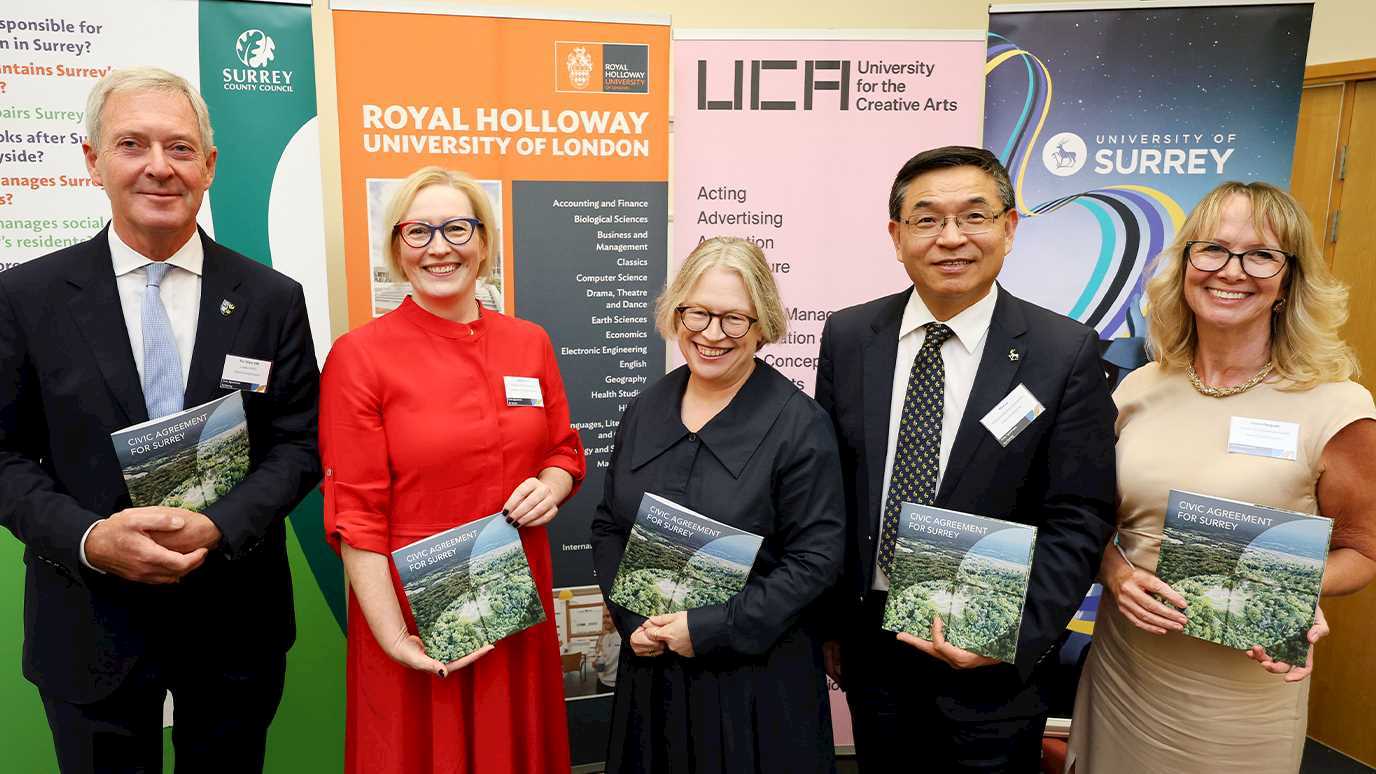A new research project led by Royal Holloway, University of London starts this July, having received a grant of over £450,000 from the Leverhulme Trust to explore the migrations of humans out of Africa.
Over the next three years the team led from the Department of Geography at Royal Holloway will examine important archaeological and environmental sites across the Levant and Arabian Peninsula to understand when and why early humans travelled from Africa, a movement that saw humans dominating the globe.
Working in close collaboration with expert archaeologists and scientists from across the region and also from leading research centers in Europe, the research will seek to resolve uncertainties about the chronology of early human dispersals Out of Africa.

Skull of a Neanderthal from Tabun Cave, Israel (image courtesy of the Natural History Museum, London)
Searching for clues in ancient volcanic ash
New environmental and archaeological information coupled with genetic evidence will help uncover the drivers behind the global distribution and dominance of our species. The team will investigate the role of factors such as environmental changes and species interbreeding in spreading humanity across the world.
“Current thinking suggests that humans started moving out of Africa over 120,000 years ago,” explained Professor Simon Blockley of Royal Holloway’s Department of Geography who is leading the project.
“For the first time in this region we will be using a state-of-the-art method for dating events by finding microscopic traces of volcanic ash within archeological and environmental sites that can then be linked to known and dated eruptions. This ash will contain clues as to the timing of the dispersal of human groups and any climatic triggers behind them,” he concluded.
The project is a collaborative effort including Michael Petraglia of the Max Planck Institute for the Science of Human History, Simon Armitage of Royal Holloway and Professor Chris Stringer of the British Natural History Museum begins July 1, 2017.
Royal Holloway’s Department of Geography is rated second in the UK, with teaching rated ‘excellent’. Find out more about the courses on offer.
























